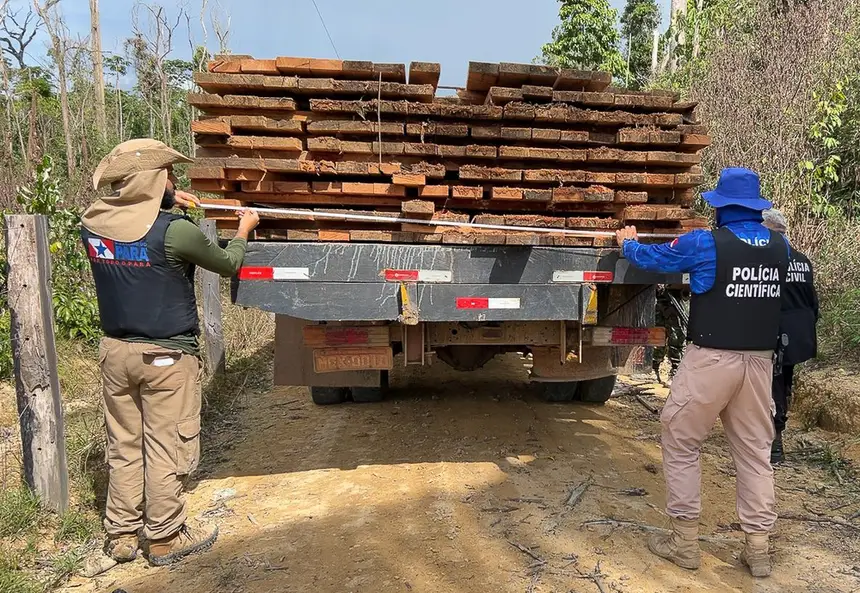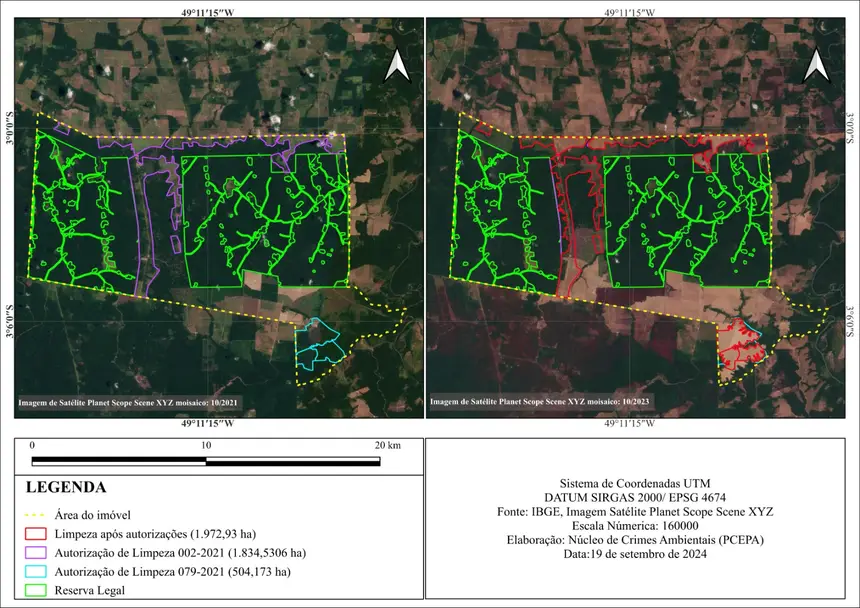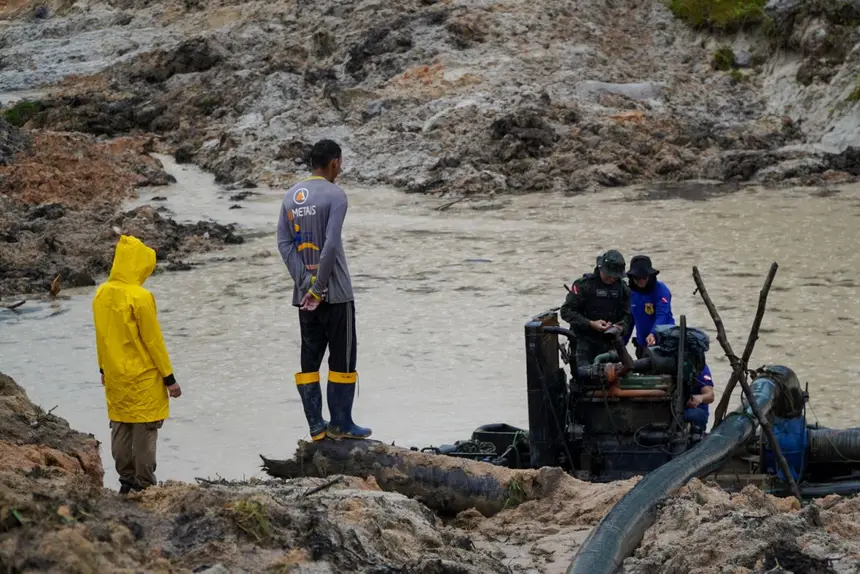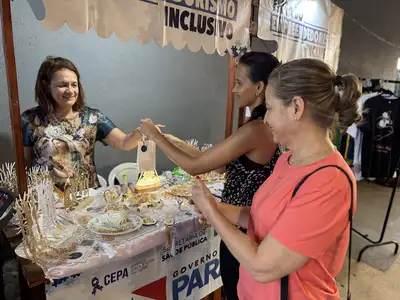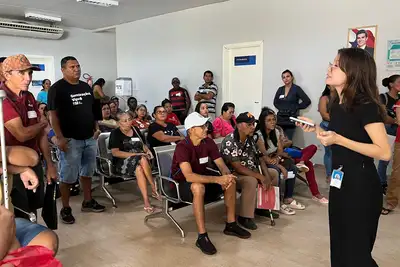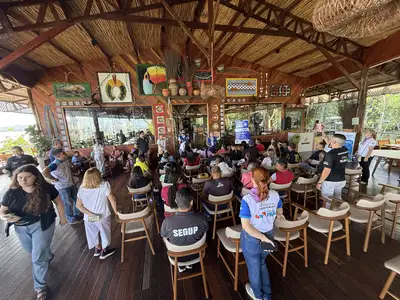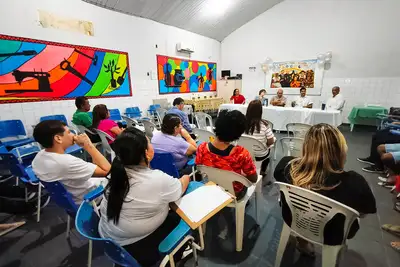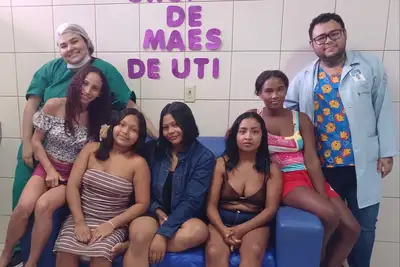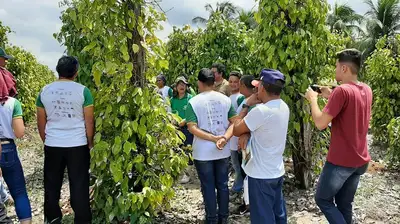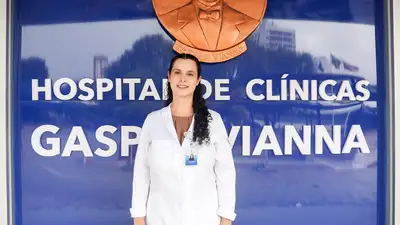Environmental expertise strengthens the fight against crime in Pará
The core consists of professionals from various fields of knowledge related to the environment, such as agronomists, foresters, chemists, sanitary engineers, as well as veterinarians and geologists.
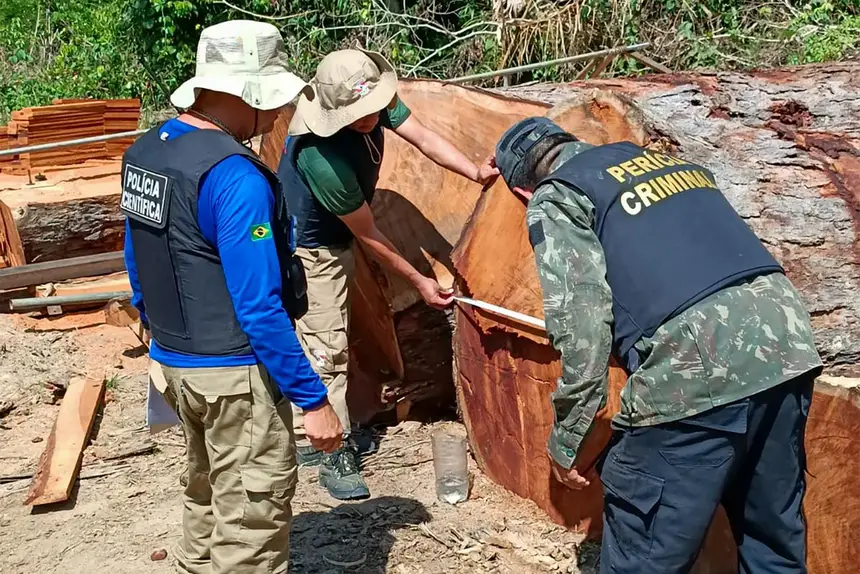
With 24 years of operation, the Environmental Crimes Unit (NCA) of the Scientific Police of Pará (PCEPA) plays a strategic role in public safety, working on the production of forensic evidence in environmental crimes involving damage to fauna, flora, soil, and water resources. Composed of 14 criminal experts from various fields of knowledge, the unit provides technical reports that support investigations and police operations throughout the state.
"Each professional acts according to their training and the specific demand of the case. In addition to the Metropolitan Region of Belém, we have the support of experts in other regions to meet the demands of the interior," explained the manager of the NCA, criminal expert Enaldo Ferreira.
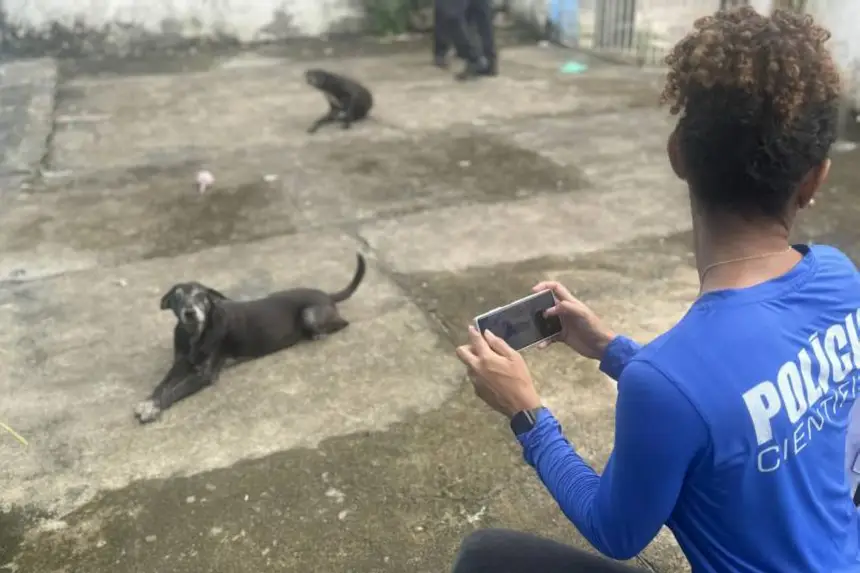
Among the most frequent crimes, animal abuse leads the reports. For this type of offense, there is a specific on-call scheme with veterinary medical experts, who work in partnership with the Specialized Division for the Environment and Animal Protection (Demapa) of the Civil Police of Pará.
The unit also actively participates in the operations Amazônia Viva and Curupira, carried out by the State Public Security System (Sieds) and the Secretary of Environment and Sustainability (Semas). In Amazônia Viva, which is in its 56th phase, the work is planned based on alerts of deforestation. In Curupira, the focus is on combating environmental crimes within Environmental Protection Areas (APAs), with operations at fixed bases located in São Félix do Xingu, Uruará, and Novo Progresso.
The most requested forensic examinations include verification of deforestation and fires, identification and measurement of wood, illegal mineral extraction, as well as analysis of weapons, vehicles, and equipment used in environmental crimes.
"Our work is to materialize the evidence, preparing technical reports that support the investigations of the Civil Police," reinforced Enaldo.
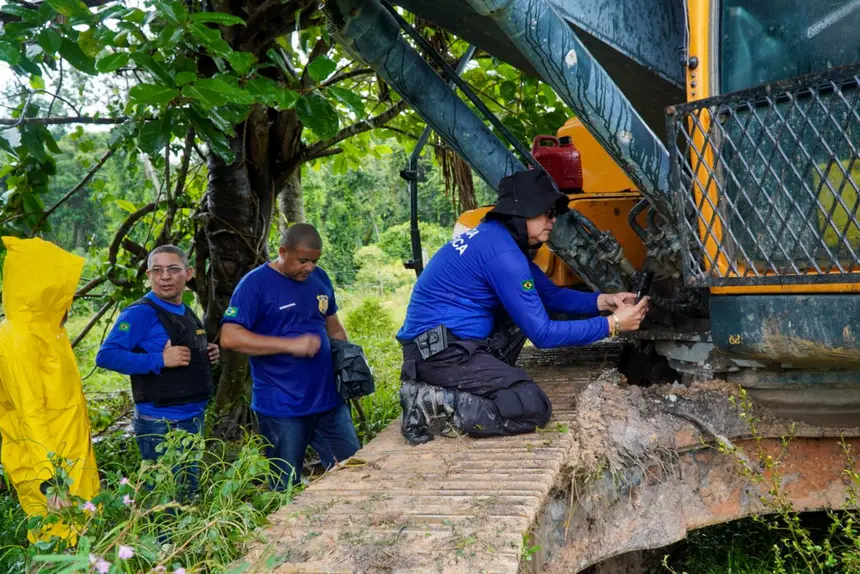
In addition to equipment such as drones, the sector also uses forensic software and satellite images to enhance the accuracy of the forensic examinations. In June, two experts from the NCA participated in the 3rd National Meeting of Users of RedeMais in Brasília, where they presented a case study on the use of satellite images to support forensic reports.
The "RedeMais" is a program of the Ministry of Justice and Public Security in partnership with the Federal Police that provides high-resolution images for security and environmental oversight agencies.
"Access to satellite images allows us to identify patterns, quantify degraded areas, and monitor changes over time, which ensures greater accuracy in our reports," explained the manager of the NCA.
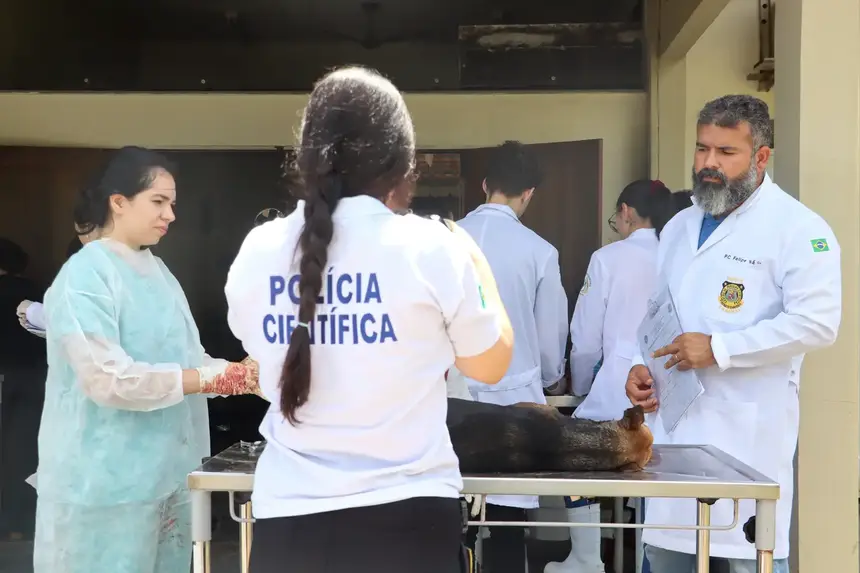
For the general director of PCEPA, criminal expert Celso Mascarenhas, the work of environmental expertise is fundamental for the preservation of the Amazon.
"The Scientific Police is the technical and specialized arm in materializing these crimes, contributing to the strengthening of the state's environmental public policies," he concluded.
Text: Amanda Monteiro/ASCOM PCEPA


